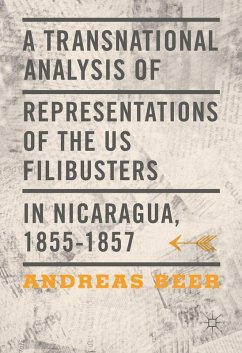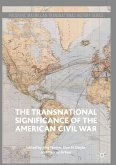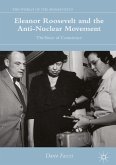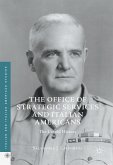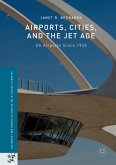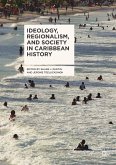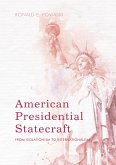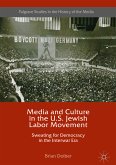This book investigates how the encounter between the U.S. filibuster expedition in 1855-1857 and Nicaraguans was imagined in both countries. The author examines transnational media and special emphasis is given to transnational media like the bilingual paper El Nicaraguense. The study analyzes filibusters' direct influence on their representations and how these form the basis for popular collective memories and academic discourses.
Dieser Download kann aus rechtlichen Gründen nur mit Rechnungsadresse in A, B, BG, CY, CZ, D, DK, EW, E, FIN, F, GR, HR, H, IRL, I, LT, L, LR, M, NL, PL, P, R, S, SLO, SK ausgeliefert werden.

